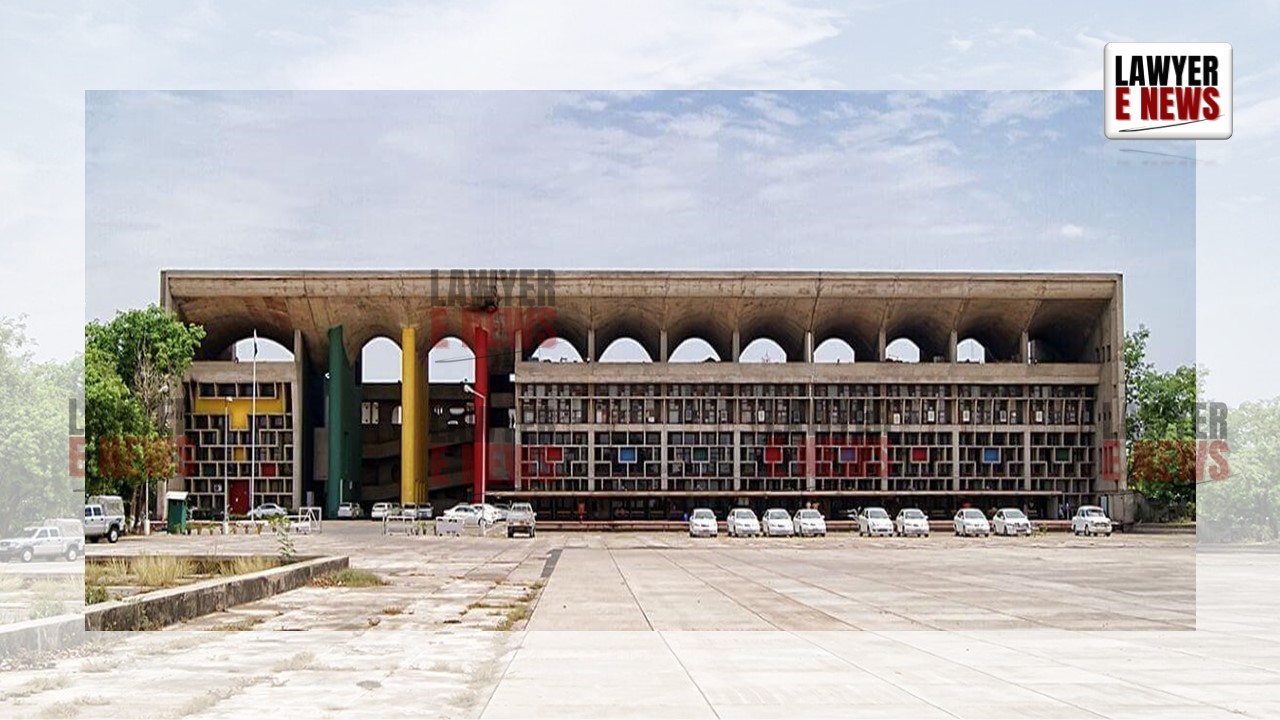-
by sayum
14 February 2026 2:22 PM



Punjab and Haryana High Court emphasizes the importance of fair bargaining power and voids restrictive covenant in artist agreement.
The Punjab and Haryana High Court has ruled in favor of Shehnaaz Gill, a renowned film actor and singer, declaring the agreement she signed with Sajjan Kumar Duhan and Simran Music Industries as void and unenforceable. The court, presided over by Justice Gurbir Singh, highlighted the significance of equality in bargaining power and dismissed the restrictive covenants imposed on Gill, thereby allowing her to pursue her career freely.
The case revolves around an agreement dated September 25, 2019, between Shehnaaz Gill and Sajjan Kumar Duhan, proprietor of Simran Music Industries. Gill, under pressure and without adequate consideration, signed a "Memorandum of Understanding" just before entering the reality TV show 'Big Boss Season 13'. The agreement purportedly restricted her from working with other parties without Duhan's permission. Following her rise in fame, Gill faced several instances where Duhan sent legal threats to third parties, claiming exclusive rights over her performances based on this agreement.
The court scrutinized the circumstances under which the agreement was signed. It was found that Gill, an aspiring singer at the time, signed the agreement under duress and without proper legal counsel. The agreement lacked fair consideration and imposed one-sided obligations on Gill. "The terms of the agreement are manifestly unfair and were a result of unequal bargaining power," noted Justice Gurbir Singh.
Justice Singh observed that the defendants did not challenge Gill’s rescission of the agreement for over two years. "The defendants' silence and lack of objection to the rescission notice sent by the plaintiff in December 2020 indicate their acquiescence to the termination of the agreement," stated the court.
The court recognized the adverse impact the agreement and subsequent actions by the defendants had on Gill's career. The emails sent to various music labels, asserting exclusive rights, caused significant harm to her reputation and professional opportunities. "Such actions by the defendants amounted to an unjust restraint on the plaintiff’s right to trade and profession, which is opposed to public policy," emphasized Justice Singh.
The court delved into the principles of contract law, particularly focusing on Section 27 of the Indian Contract Act, 1872, which deals with agreements in restraint of trade. The judgment highlighted the necessity for freedom of contract to be based on equality of bargaining power. "The agreement in question is prima facie void, as it imposes an unfair negative covenant on the plaintiff, restricting her professional freedom without adequate consideration," ruled the court.
Justice Gurbir Singh remarked, "Freedom of contract must be founded upon equality and bargaining power between the contracting parties. The agreement in this case was a result of one party having superior bargaining power and the other party being in an inferior position with low bargaining power."
The High Court's decision to void the agreement between Shehnaaz Gill and Sajjan Kumar Duhan underscores the judiciary's commitment to upholding principles of fair contract and equality. By dismissing the restrictive covenants imposed on Gill, the court has set a precedent emphasizing the importance of fair bargaining power and protecting individuals from exploitative contractual terms. This landmark judgment is expected to have significant implications for future cases involving artist agreements and employment contracts.
Date of Decision: July 01, 2024
